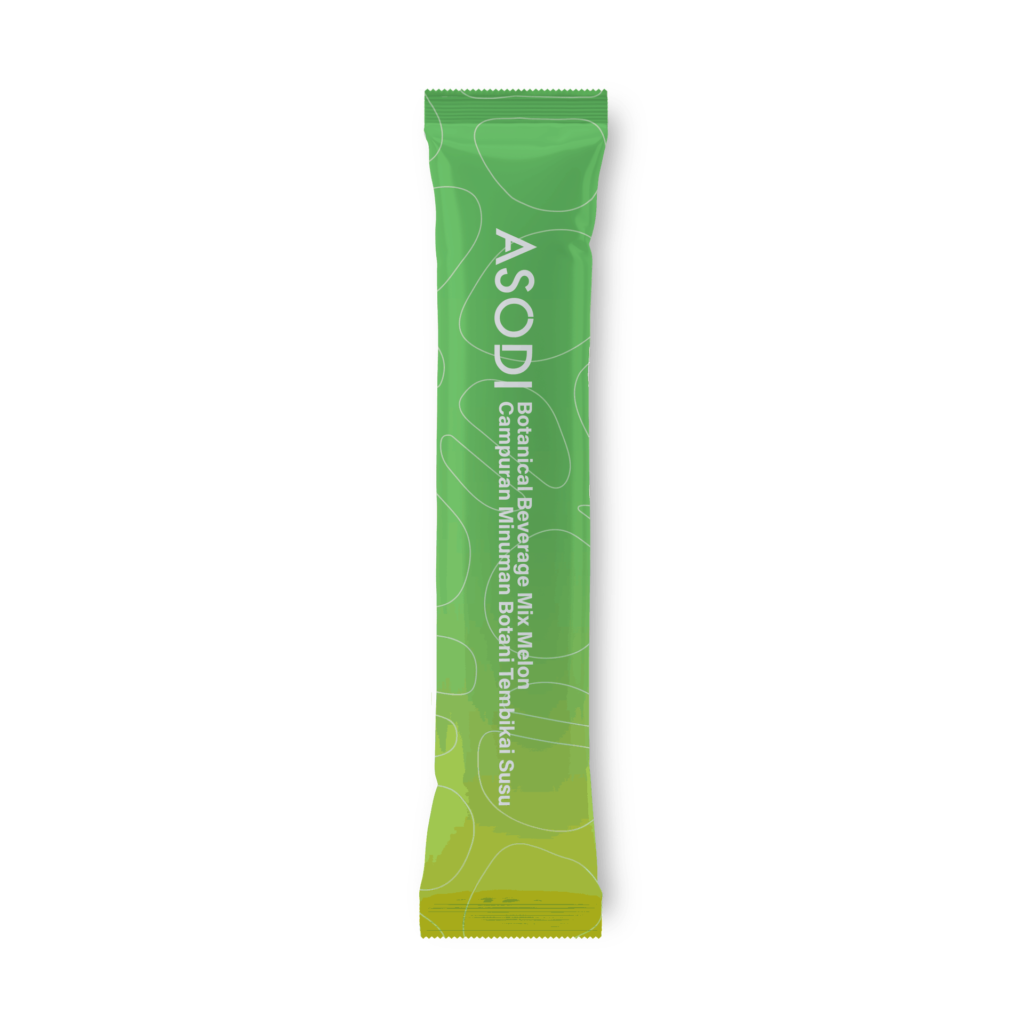
Dengue poses a continuing global health threat as about 50% of the world’s population living at risk of dengue, including tropical and subtropical countries, along with regions warmer temperate (WHO, 2020). Dengue fever is a mosquito-borne disease transmitted through the bite of a dengue virus (DENV)-infected female Aedes mosquito. At present, there is no safe vaccine and treatment available against all 4 DENV serotypes.
Once infected with DENV, the person can be either asymptomatic which occupied 40-80% of the total dengue cases (ECDC); or either symptomatic with symptoms characterized by high fever, headache, rash, muscle and joint ache, eye pain, nausea/vomiting, bone pain and mild thrombocytopenia (low platelet count).
During infection, DENV attacks certain types of immune cells as well as affecting other organs in the body. Both innate and adaptive immune systems are activated to fight against the virus. B cells from the adaptive immunity generate antibodies that specifically recognize and neutralize the foreign viral particles, providing long-term immunity against the distinct DENV serotypes. Dengue is a self-limiting illness and these symptoms typically last between 2-7 days if sufficient rest and supportive care are given. Generally, fluid maintenance, non-steroidal anti-inflammatory agents will be given to reduce aches, as well as papaya leaf juice to increase platelet count.
People who encounter a subsequent infection with another serotype of DENV have been associated with increase potential in developing severe cases of dengue, such as dengue hemorrhagic fever (DHS) and dengue shock syndrome (DSS), which is a life-threatening condition. It is proposed that the antibody developed during primary infection could enhance the secondary DENV infection which worsens the clinical symptoms via a phenomenon namely antibody-dependent enhancement (ADE). During secondary infection, researchers observed limited immunity of adaptive T cells against new DENV serotype, as they do not effectively eliminate the virus from the body and release uncontrolled amounts of pro-inflammatory cytokines. This subsequently led to the happening of serious inflammation responses and tissue damage such as vascular leakage, which may lead to the progression of severe dengue complications.
Asymptomatic dengue infection in epidemic countries constitutes a potential threat of severe lethal dengue cases due to secondary infections. Other factors including existing chronic diseases can increase the risk of severe dengue development.

By providing immunomodulating and anti-inflammatory effects for a better immune defense
ASODI is a natural food product comprising a rich source of micronutrients that have been proven to exhibit effects of immunomodulatory, anti-inflammatory, and antioxidant properties. These micronutrients include polyphenols, soy isoflavones (genistein and daidzein), fucoidan, chlorogenic acid (CGA), epigallocatechin gallate (EGCG), superoxide dismutase (SOD), vitamins and minerals.
Available as naturally occurring phenolic flavonoids with antioxidant effect, soy isoflavones are also well known for their immunomodulatory and anti-inflammatory properties. Studies have demonstrated that soy isoflavones can downregulate the production of pro-inflammatory cytokines, such as in several immune cell types (Masilamani et al., 2012). Alongside its ability to activate natural killer (NK) cell activity in vitro (Gredel et al., 2008; Zhang et el., 1998), studies have also demonstrated that soy isoflavones and its metabolites modulate cytokine-induced natural killer function (Mace et al., 2019).
The immunomodulatory properties of the naturally occurring polysaccharide, fucoidan, are also generally acknowledged. Studies have shown that fucoidan can upregulate pro-inflammatory cytokines which can help to boost immunity and reduce the release of inflammatory cytokines during infections, thereby delivering a multi-degree regulation on the body’s immune system (Wang et al., 2019).
CGA from green coffee extract has been reported to display significant anti-inflammatory effects, in which one of them includes demonstrating great inhibition on certain cytokine secretion during oxidative stress induced-conditions (Naveed et al., 2018).
Apart from this, there is also accumulating affirmation on the immunomodulatory activities of EGCG found in green tea, by exhibiting modulating effects on inflammatory responses and innate and adaptive immunity (Pae et al., 2013). In addition, EGCG has also demonstrated in vitro inhibitory effect against 4 serotypes of DENV (Raekiansyah et al., 2018).
Based on the above, ASODI may be used as a supplementary remedy as to a prophylactic measure against dengue fever and to combat dengue fever during the early stage by preventing excessive accumulation of pro-inflammatory cytokines, which could possibly contribute to the progression of severe disease complications.
By reducing inflammation responses triggered by oxidative stress to reduce the likelihood of chronic diseases
Extensive research has been suggesting that inflammation is closely linked with many chronic disorders (Zhong et al., 2019) and this could potentially act as a burden and cause alteration to the natural function of the body’s immune system. An altered immune system may affect how a body response towards a self-limiting disease like DENV and the risk of developing into severe dengue cases could also potentially heighten.
Polyphenols, SOD, CGA, and EGCG from ASODI are natural antioxidants that can eliminate free radicals to reduce oxidative stress, which subsequently minimizes the occurrence of inflammation responses. Hence, ASODI is a natural approach to preventing chronic diseases, which may help in reducing the chances of progression to severe dengue cases.
By providing overall health maintenance for a healthier body
Furthermore, another health-beneficial ingredient used in ASODI, barley leaf, is abundant in phytochemicals, essential vitamins, and minerals for normal physiological functions coordination to keep your body healthy and functional, as well as providing overall health maintenance. There are also evidences that certain diseases and health complications are associated with vitamins and minerals deficiency (Awuci, 2020). As a consequence, these micronutrients from ASODI can also help in reinforcing a healthier body, which may provide better protection against illnesses like dengue.
References